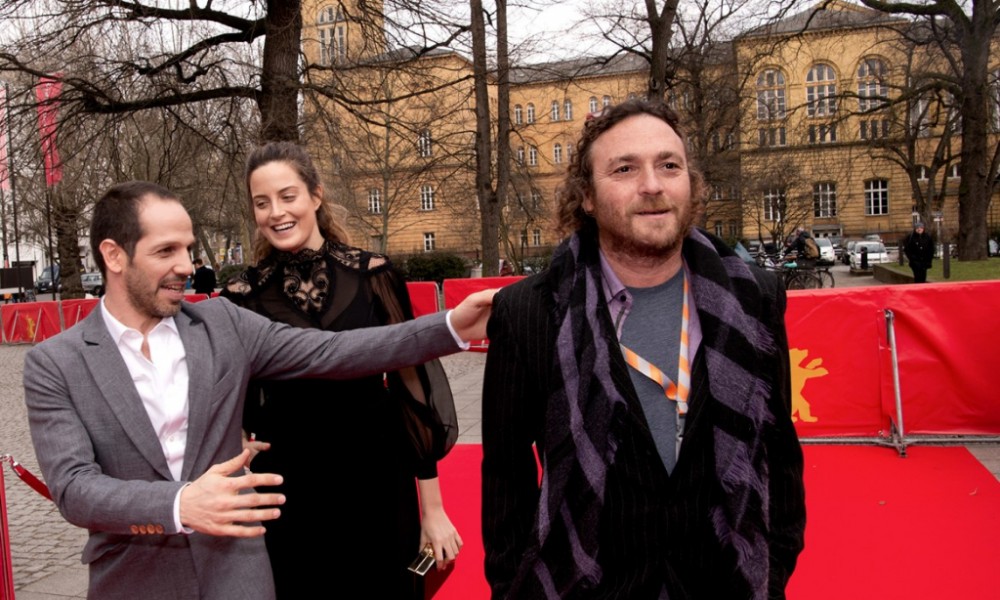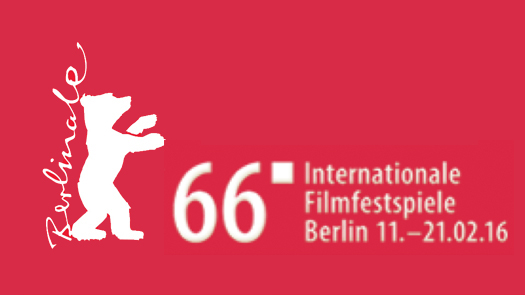Berlin Film Festival 2016: The Writer: A chat with Shay Capon and Yousef Sweid

Writer Sayed Kashua’s TV show Arab Labor is a comedy that followed the trials and tribulations of an Arab Palestinian trying to find a place in Israeli society. A hit with audiences and critics, it was also the first programme to feature characters speaking Arabic on primetime Israeli TV. Kashua’s follow up series, The Writer, follows a successful comedy writer struggling to deal with the demands of a hit TV show, his family and his place in the world. Director Shay Capon and star Yousef Sweid talked to us about the motivations behind it.
How did The Writer come about?
Shay Capon: I have to go back to the previous series that we did, called Arab Labor, which was about an Arab Palestinian journalist who wants to become part of Israeli society. It was very funny and very easy to watch and cultural conflict was shown in a very light and “smart” way. Israeli audiences weren’t used to seeing an Arab “hero” on primetime on television – this was the first time. In this series we go one step further and say “Okay, we’ve laughed enough! Now let’s talk about the real thing.” This new show is about a man who has achieved everything, every goal he thought he had. He is an outsider who has become known and accepted in Israel and now he thinks “What now?”.
We meet him at a something of a crossroads.
SC: Oh, he’s having a mid-life crisis! “My wife, she’s fine, but what am I doing with her. And my children, and my identity as a citizen? What am I? I’m sick of being an Arab. I’m sick of being an Israeli Arab. I’m sick of everything! Sick of the Palestinian issue. What am I as a human being before you put these titles on me?”
He seems like a very angry person?
Yousef Sweid: From my point of view – as a man who has been married – I feel that when you’re mad at yourself, you usually take it out on your family: your mother, your father, or, in this case, your wife.
SC: On the one hand he’s very insecure about himself, about being different, but at the same time he knows he’s the smartest guy in the room. Mostly, I think he’s insecure and angry about the badges people put on him – his job in the family, his job in Israeli society. He doesn’t want to be pigeonholed. He’s sick and tired of people telling him what he is. He wants to be a human being before he is an Arab or a writer or a family man. Also, as a minority, you always have some charming aura, you know? “I’m a minority, I can fight against the system!” But what happens when the system hugs you? “We love your criticism! We love you!” And then what? “I used to be the rebel! But now what..?”
YS: In a lot of countries you have minorities who – especially the artists – are loved. But even if you are loved you are still “the Other”. My character is an Arab who is loved as an Arab, but he wants to do something different, anything, purely as an artist. Me, as an Arab actor, I want to do other parts, but every time there’s an Arab role, they call me! When there’s a Jewish role, they never call me! I say “I’m an actor, I can do other stuff,” but no…
SC: “We don’t believe you!!!”
YS: It’s “You are an Arab, you should do Arab roles!”. So even if you are successful, you are always being labelled. But it’s not only the situation in Israel. Any minority around the world that is fighting for their rights – let’s say the Turkish here in Germany – every time there is a famous Turkish director it’s always “Oh, he writes about the Turkish experience, let’s go and see him sow Turks trying to fit into Germany.” So I think it symbolises cultural conflicts in minorities around the world.
SC: And the fight of married men!
Adam Lee Davies
Read our review of The Writer here.
Read more of our reviews and interviews from the festival here.
For further information about Berlin Film Festival 2016 visit here.


























Facebook
Twitter
Instagram
YouTube
RSS